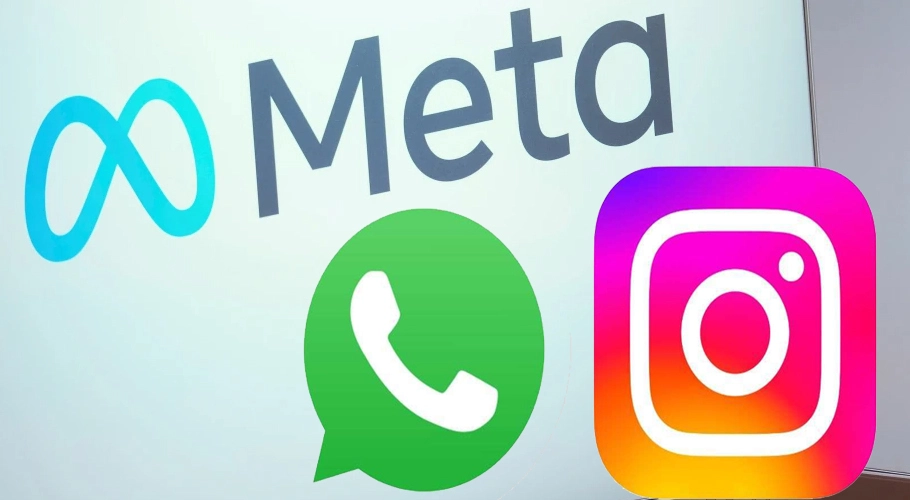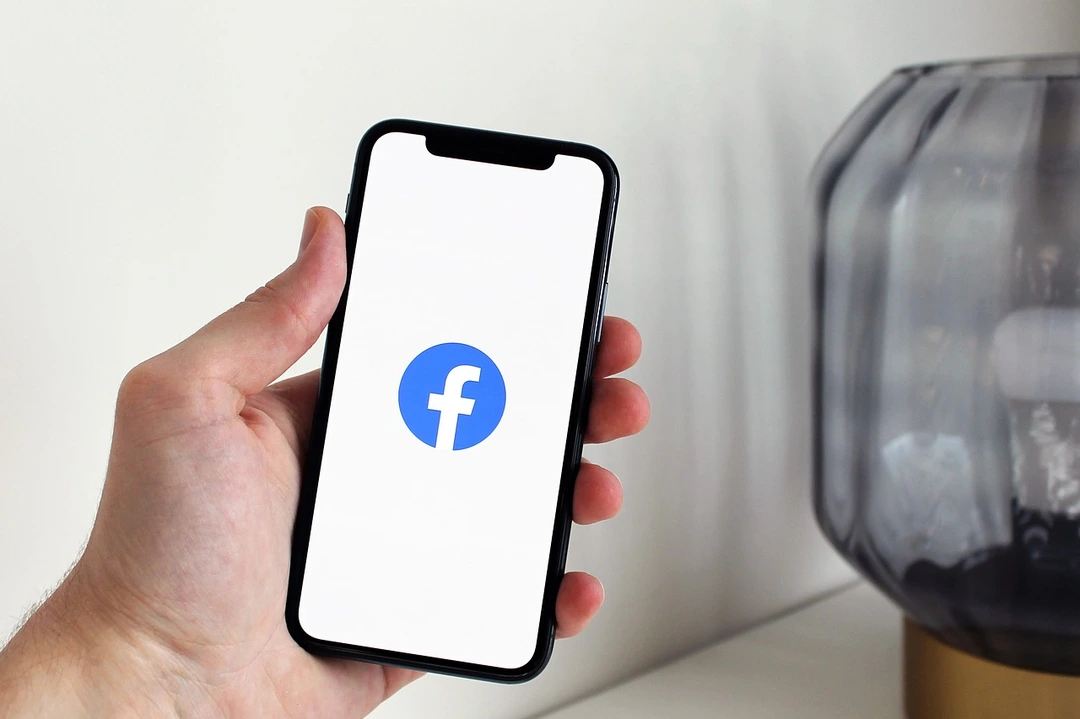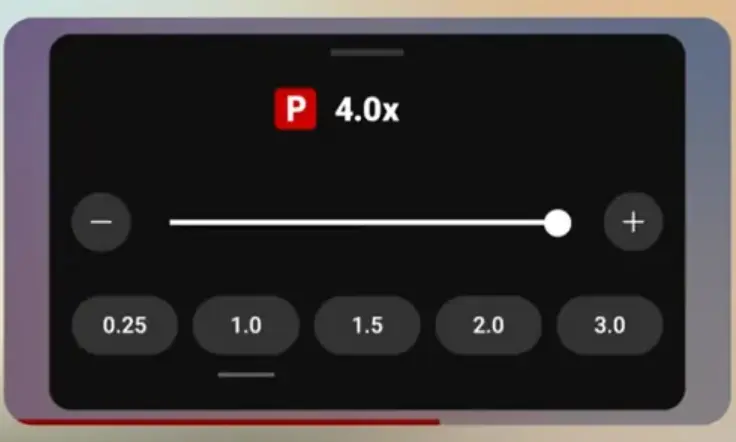Meta Platforms, the parent company of Facebook, Instagram, and WhatsApp, is facing a historic antitrust trial that could reshape the landscape of social media. The U.S. Federal Trade Commission (FTC) has accused Meta of monopolizing the social media market by acquiring Instagram and WhatsApp, eliminating competition and consolidating its dominance. The trial, which began in Washington, is expected to be one of the most significant legal battles in the tech industry, with potential consequences for Meta’s business structure and the broader digital economy.
The Origins of the Antitrust Case
The FTC originally filed the lawsuit against Meta—then known as Facebook—in 2020, during President Donald Trump’s first term. The agency argues that Meta’s acquisitions of Instagram in 2012 and WhatsApp in 2014 were strategic moves to neutralize emerging competitors rather than foster innovation. According to court documents, Meta CEO Mark Zuckerberg expressed concerns that Instagram and WhatsApp could grow into formidable rivals, prompting the company to acquire them instead of competing.
The FTC contends that Meta’s actions have stifled competition, making it difficult for new social media platforms to enter the market. The agency seeks to force Meta to restructure or divest parts of its business, including Instagram and WhatsApp, to restore competition and prevent further monopolization.
Meta’s Defense and Counterarguments
Meta has strongly opposed the FTC’s claims, arguing that its acquisitions have benefited users by improving platform integration and enhancing security features. The company maintains that the social media landscape has evolved significantly since the acquisitions, with fierce competition from platforms like TikTok, YouTube, and Apple’s messaging services.
Meta’s Chief Legal Officer, Jennifer Newstead, has called the case weak and a deterrent to tech investment. In a blog post, she criticized the FTC’s attempt to break up Meta while the U.S. government simultaneously seeks to regulate Chinese-owned TikTok. Meta argues that its platforms provide valuable services to billions of users worldwide and that dismantling its business would disrupt the digital ecosystem.
Key Moments in the Trial
The trial is expected to feature testimony from Meta CEO Mark Zuckerberg, who will face questioning about internal emails discussing the acquisitions. These emails reportedly reveal Zuckerberg’s concerns about competition and his strategy to acquire potential rivals before they could challenge Facebook’s dominance.
Legal experts anticipate that the case will hinge on defining the competitive market. The FTC has framed Meta’s monopoly within the social media sector, excluding competitors like TikTok and YouTube from its analysis. Meta, on the other hand, argues that these platforms are direct competitors, demonstrating that the market remains dynamic and competitive.
Potential Outcomes and Industry Impact
The trial’s outcome could have far-reaching implications for Meta and the broader tech industry:
- Breakup of Meta: If the FTC succeeds, Meta may be forced to divest Instagram and WhatsApp, fundamentally altering its business model.
- Stronger Antitrust Regulations: A ruling against Meta could set a precedent for stricter regulations on tech mergers and acquisitions.
- Impact on Social Media Innovation: The case raises questions about whether breaking up large tech companies would foster innovation or create instability in the industry.
Regardless of the verdict, the trial underscores the growing scrutiny of Big Tech and the push for greater accountability in digital markets.
A Defining Moment for Big Tech
Meta’s antitrust trial represents a pivotal moment in the ongoing debate over corporate power in the tech industry. As regulators seek to curb monopolistic practices, the case will shape the future of social media competition and influence how tech giants operate. Whether Meta emerges victorious or faces structural changes, the trial will leave a lasting impact on the digital economy and the way users interact with online platforms.







